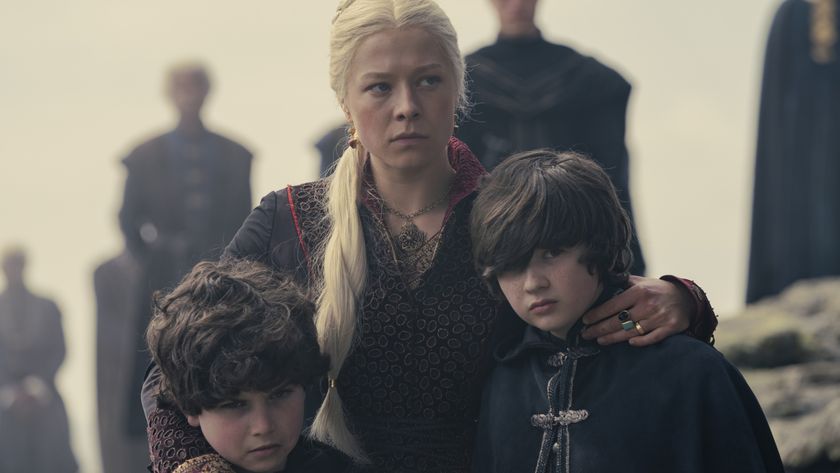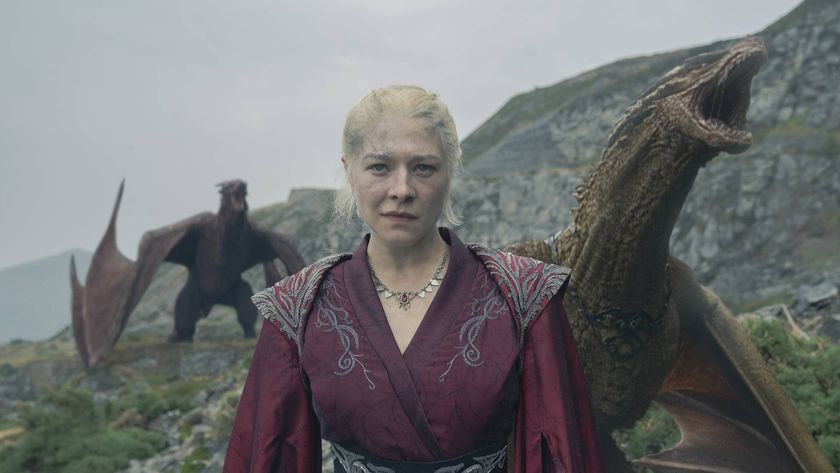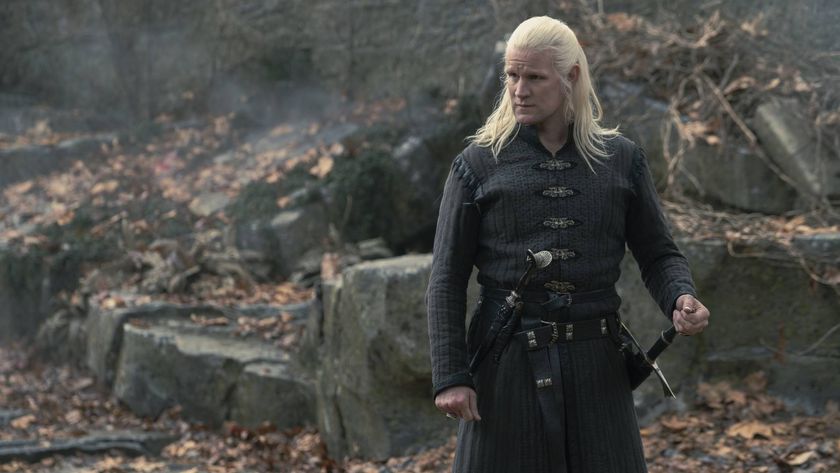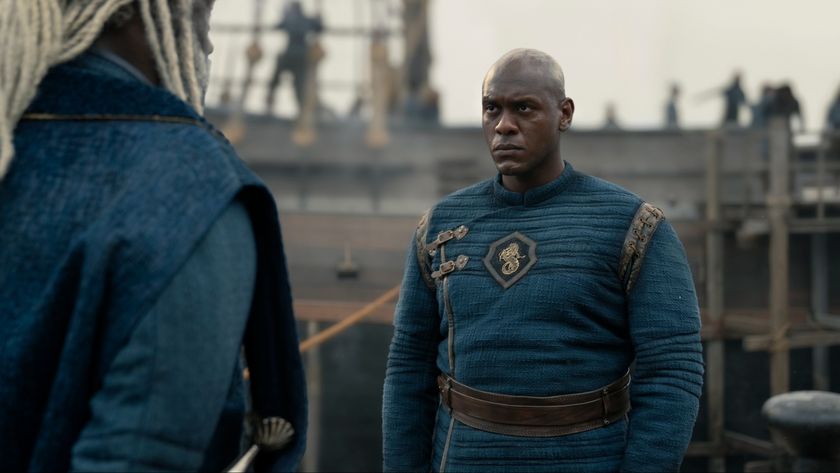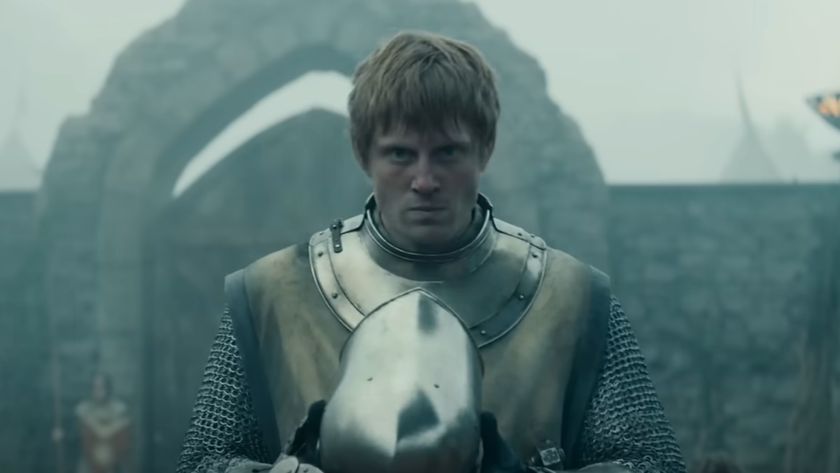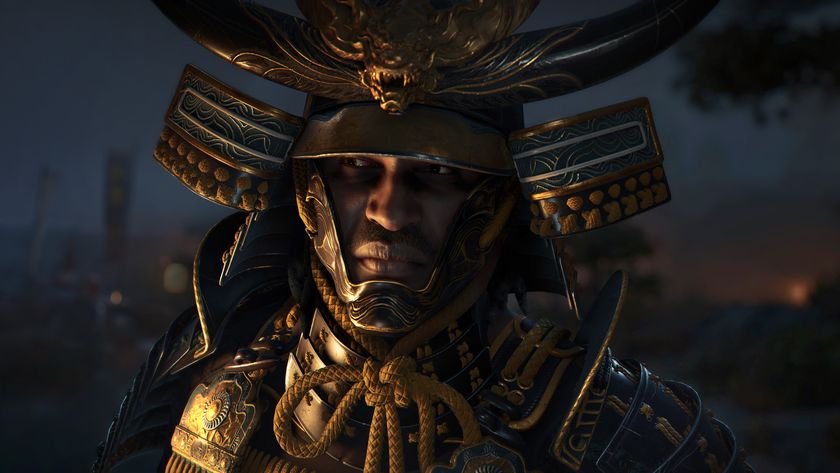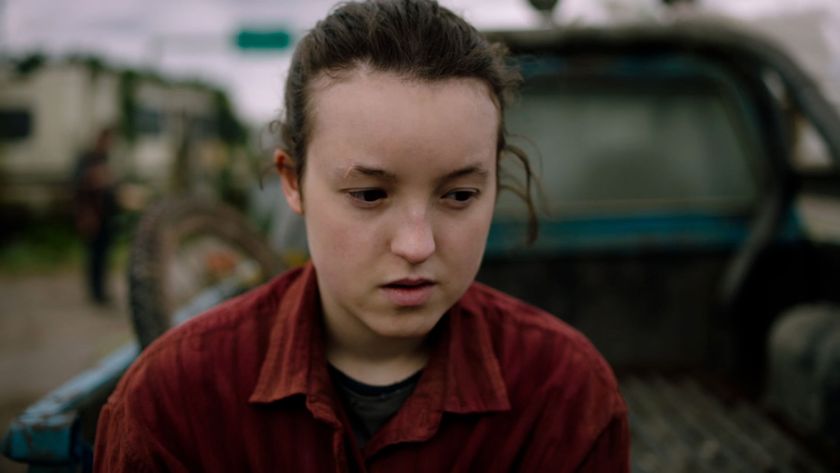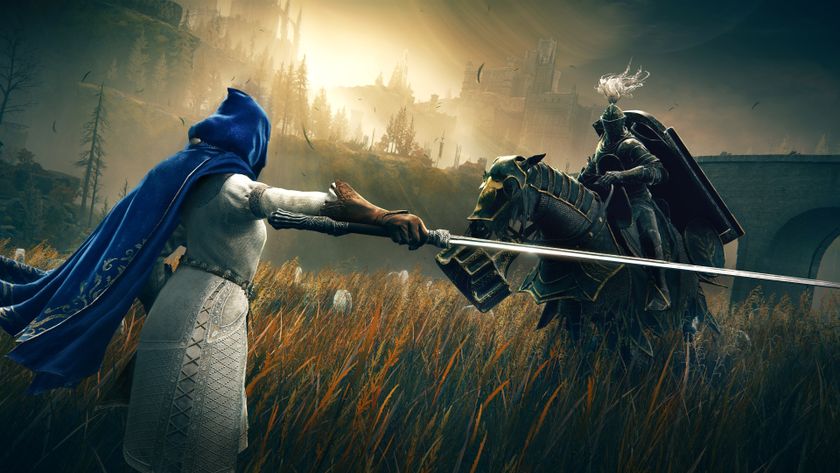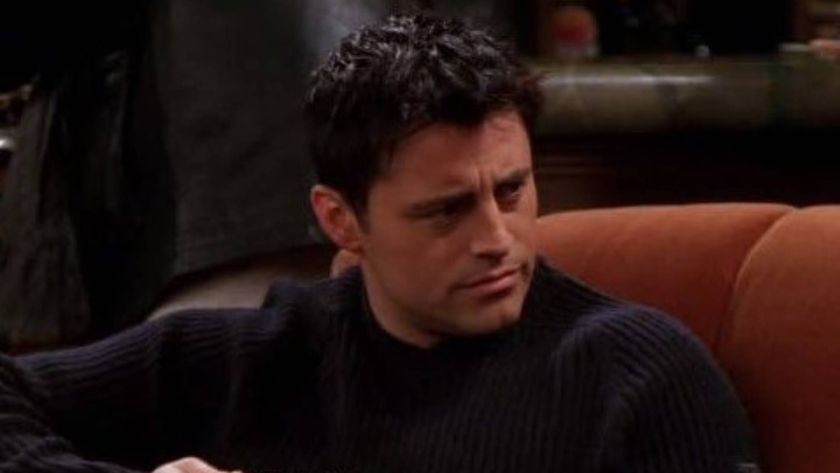House of the Dragon showrunner addresses book changes in the season finale
"What we’re fascinated with, on a meta narrative level with this story, is showing how messy and unreliable history is"
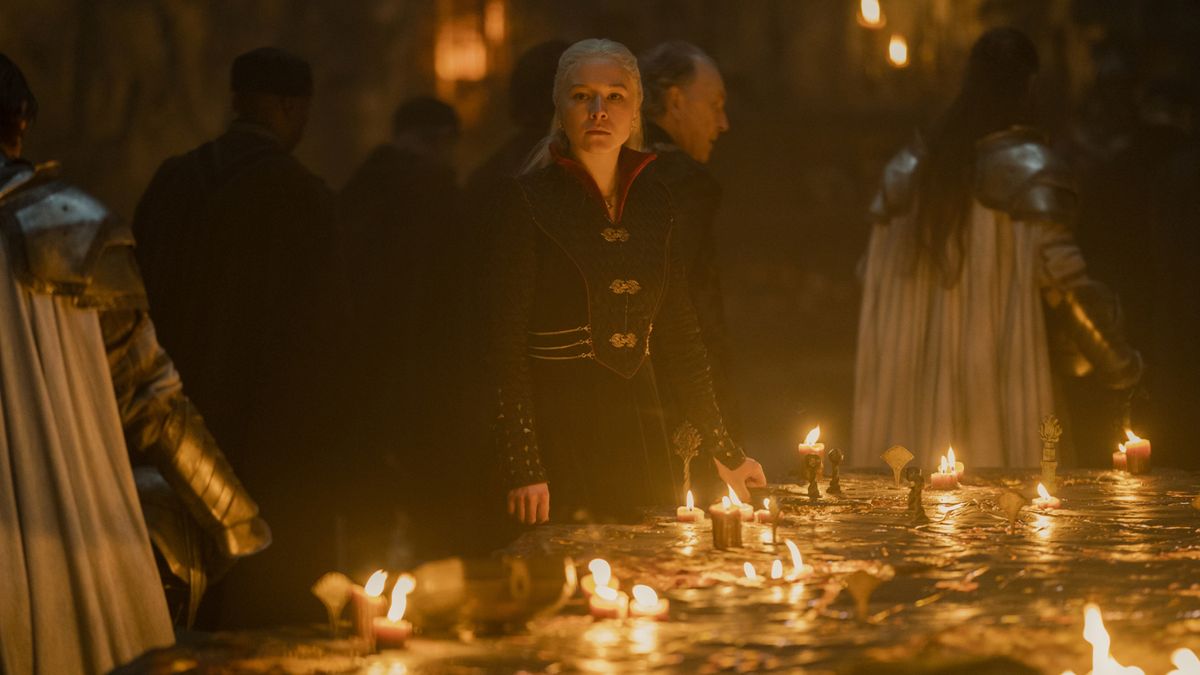
House of the Dragon showrunner Ryan Condal has addressed one of the major changes made to the season finale from George R.R. Martin's book, when one character's intentions were changed to be an accident.
Warning: major spoilers for House of the Dragon episode 10 ahead. Turn back now if you haven't seen the latest episode!
House of the Dragon's season finale saw Rhaenyra's son Lucerys meet an untimely end after visiting Lord Borros Baratheon after his dragon Arrax was attacked by the much larger Vhagar, the dragon ridden by Aemond Targaryen. Spooked by the storms raging in Storms End, the dragons disobeyed their riders, and what seemed like an attempt by Aemond simply to spook his nephew ended in bloodshed instead.
However, in Martin's account of the Targaryen civil war, Fire & Blood, Aemond is goaded into pursuing Luke by one of Borros Baratheon's daughters, implying that the act was intentional.
"Historians have told us that Aemond intended to kill Luke, but I don’t think any of them could purport to know what was going on in Aemond’s head at the time," Condal told Variety when asked why he chose to make Luke's death accidental. "And I would also dispute the word 'accident' a bit. I mean, Aemond got on his giant dragon and chased his nephew on his much smaller dragon through the clouds screaming and yelling at him, incensing his dragon and starting a fight. He didn’t know how Arrax or Luke were going to respond, and it ended in tragedy.
"I don’t think that was what Aemond intended when he threw his leg over the saddle, but he did a horrible, dangerous thing. That is the point: This is a war of many cuts that lead to a really, really bloody wound. It adds complexity and nuance to the character that’s potentially interesting. There’s lots of runway to go on with Aemond as a character and the story of the Dance. This is his first act as a dragon rider and a warrior and it’s gone very wrong. Now what happens as a result, and how does he respond? Those are the questions I’m interested in as dramatist."
Another change from the book that featured in the finale was Rhaenyra's reluctance to go to war until Lucerys was killed. In Fire & Blood, she's keen to start conflict right away. Viserys' last words to Alicent in episode 8 are also not mentioned in the book and were added in for the show.
Sign up for the Total Film Newsletter
Bringing all the latest movie news, features, and reviews to your inbox
Condal continued: "What we’re fascinated with, on a meta narrative level with this story, is showing how messy and unreliable history is. I mean, this is a book written by one author with an agenda trying to filter through the accounts of three other authors, all with their own agendas. And were expected to take the one true history out of this book? No. The thing that George is laughing at on the side is how anybody can read Fire & Blood and think that this is the one true official account of anything."
Now that season 1 has come to an end, get to grips with the Game of Thrones prequel while we wait for House of the Dragon season 2 with our guides to the Targaryen family tree, all the dragons in House of the Dragon, and how many episodes there are in House of the Dragon.
I’m an Entertainment Writer here at 12DOVE, covering everything film and TV-related across the Total Film and SFX sections. I help bring you all the latest news and also the occasional feature too. I’ve previously written for publications like HuffPost and i-D after getting my NCTJ Diploma in Multimedia Journalism.
